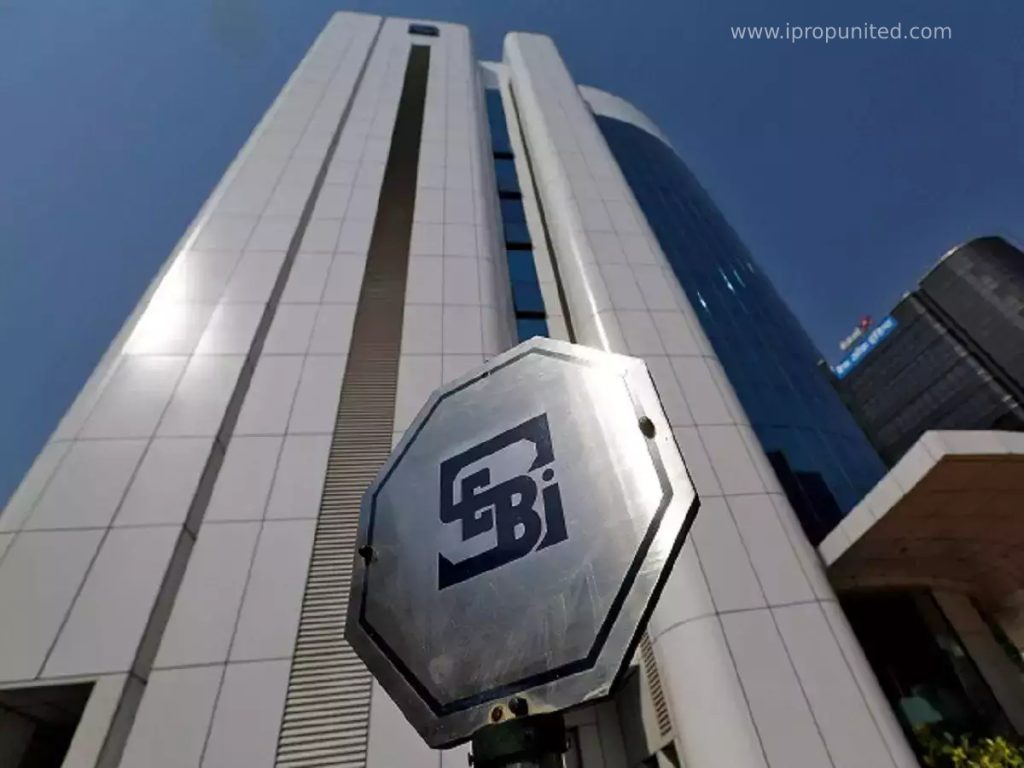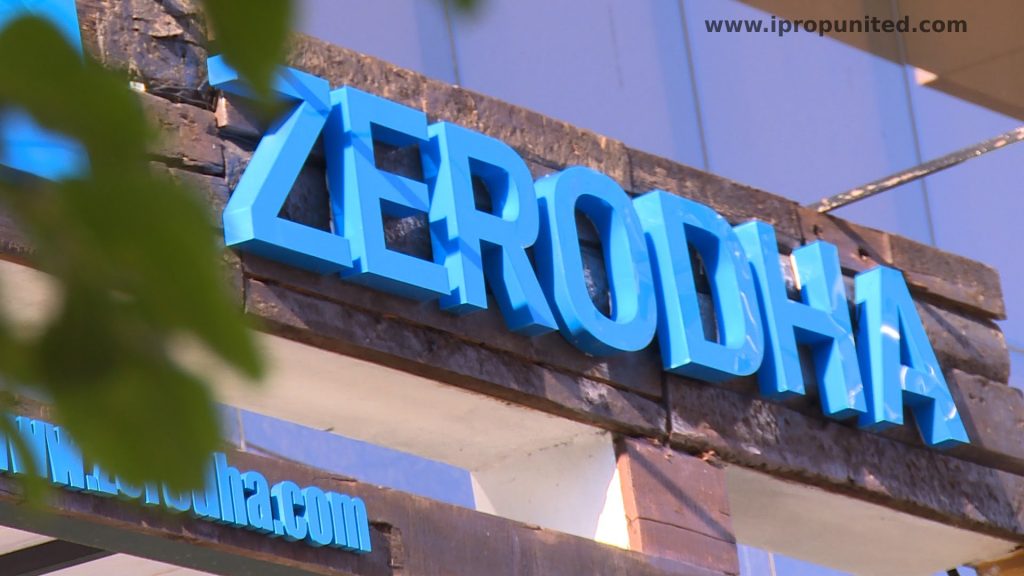Sebi conducted an investigation for a period of June 2015 to March 2016 of Sunstar Realty Development Ltd (SRDL) to discover if there were any violations of the PFUTP (Prohibition of Fraudulent and Unfair Trade Practices) rules.

NEW DLEHI: SEBI, the capital market regulator in India has put up a fine of Rs 1.05 crore on 21 entities for manipulating the share price of Sunstar Realty Development Limited (SRDL). A penalty of Rs 5 lakh each has been imposed by SEBI on these 21 entities and have been advised to pay the amount within 45 days, the Securities and Exchange Board of India (Sebi) said in its order passed on Monday.
During investigation, it was found that these entities were intricately involved in carrying out manipulative trade practices and carrying out trades with the connected parties. Through such acts, they contributed to decreasing the price of the scrip and also increase the volume substantially during the investigation period.
Sebi Adjudicating Officer for the case, Barnali Mukherjee, in her order said these 21 entities were not acting as genuine traders and had no bona fide intention to trade in the scrip of SRDL.
“I therefore hold that the trading behavior of Noticee no. 1 to 21 vis-a-vis the scrip of SRDL has been ill motivated, fraudulent and was motivated towards manipulating the price of the shares of SRDL as well as to create artificial trading volume in the scrip of the SRDL. Such a trading behaviour is definitely in violation of …of PFUTP Regulations,” she added.
In a separate order, Sebi has restrained 11 entities, including Urban Infrastructure Venture Capital Ltd, its trustee and their respective directors, from associating themselves with any registered intermediaries, including mutual funds, Alternative Investment Funds and portfolio management services, which deal with investors’ money for a period of one year, for flouting venture capital fund rules.
In addition, barring the trustee — Urban Infrastructure Trustees — the rest 10 entities have been prohibited from accessing the securities markets for one year.
Also, the 11 entities will have to ensure that the scheme (Urban Infrastructure Opportunities Fund) of the Fund — Urban Infrastructure Venture Capital Fund — is wound up by providing exit to its investors / unit holders within a maximum period of 3 months (by January 31, 2023).
Till date, the scheme of the Fund has distributed Rs 2,092 crore — about 87 per cent of the fund corpus, as per the order.
The order came after Sebi conducted an inspection of Urban Infrastructure Venture Capital Fund, which was completed in the month of February 2021, for the period April 2019 to March 2020.
Follow and Connect with us: Twitter, Facebook, Linkedin, Instagram














